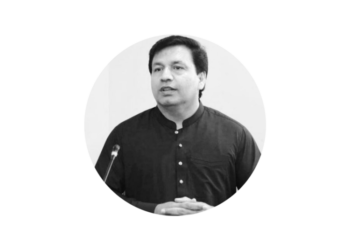![]() Follow Us on Google News
Follow Us on Google News
The political polarisation in Pakistan is reaching new peaks every day as now the social media users who are mostly supporters of PTI, are carrying out an anti-judiciary campaign.
In a recent revelation, Interim Information Minister Murtaza Solangi brought to light a concerning development involving more than 500 social media accounts engaged in a “malicious campaign” against the judiciary. This troubling disclosure underscores the urgent issue of online platforms being exploited and emphasizes the need to strike a balance between freedom of speech and countering the spread of false information, particularly in the lead-up to the upcoming elections.
The establishment of a Joint Investigation Team (JIT) by the interior ministry reflects a serious commitment to addressing the issue. Empowered by Section 30 of the Prevention of Electronic Crimes Act (PECA) 2016, the JIT, consisting of representatives from various agencies, is tasked with uncovering the facts behind the social media smear campaign targeting Supreme Court judges. Minister Solangi rightly stresses the indiscriminate nature of the law, ensuring that those responsible for spreading falsehoods will face consequences. Maintaining a healthy democracy requires striking the right balance between constitutional freedoms and safeguarding state institutions.
As the Information Minister aptly notes, with elections approaching, the dissemination of fake information is likely to increase. To counter this, creating awareness about content authenticity is essential. The Pakistan Telecommunication Authority (PTA) plays a pivotal role, possessing the authority to block and remove content contrary to national interest and ethical values.
Furthermore, the collaborative efforts between the PTA and social media companies, highlighted by Shamim Pirzada, signify a positive step forward. Regular meetings and open communication channels between the regulatory body and online platforms ensure a swift response to content that violates prescribed guidelines. Sustaining such engagements is crucial to adapting to the evolving landscape of social media.
Finding a delicate equilibrium between freedom of speech and combating misinformation is vital, as is promoting media literacy to empower the public against the surge of fake information, especially during critical electoral periods.
In this era of digital interconnectedness, safeguarding democratic values demands a collaborative and vigilant effort from both the government and the public.






























